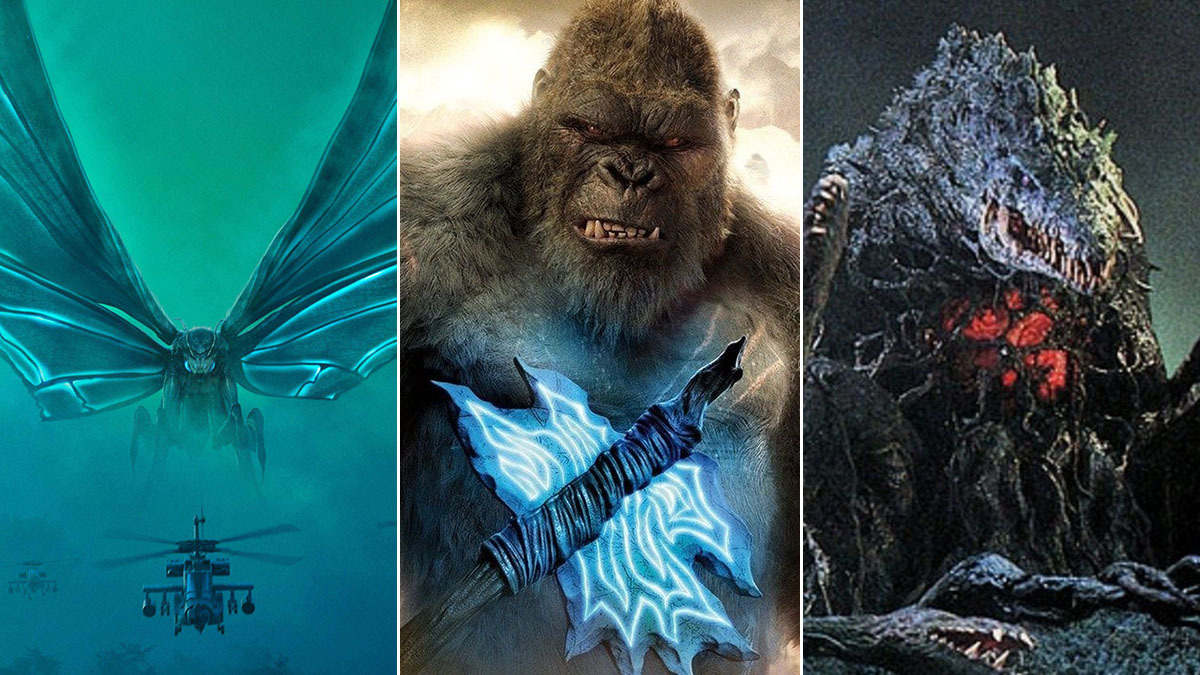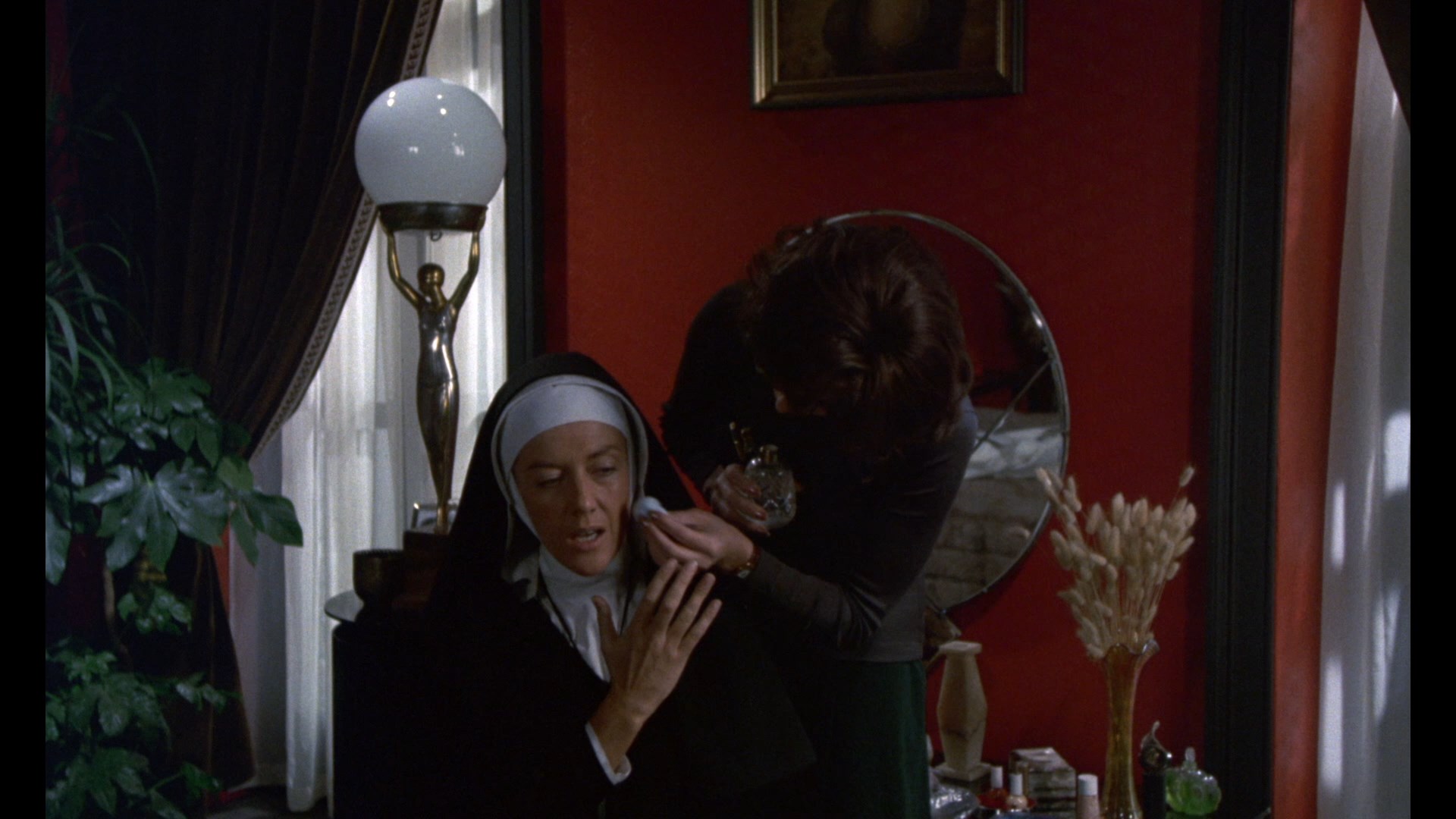
This was why a man as solitary and single-minded as Frankenstein decided to kill the monster: it was not love or remorse that spurred him on, but it was how Frankenstein could not bear to see this despicable version of himself be allowed to live. The monster, thus, becomes a contrasting extension of Frankenstein's ego, one that is animalistic, lacks humanity and common sense, yet is driven by human desires of happiness and companionship. But without proper guidance, disgusted by society for his appearance and raging over his existence and creation, Frankenstein's creature becomes a monster, and attaches himself to the doctor's fate and reputation. But Frankenstein's deepest fears and insecurities in his subconscious mind are unconsciously transferred to the monster, whom he despises and seeks to destroy: The creature is innately gentle and kind-hearted, as it is a human's creation, and it is believed that no human is born evil. Rather, her death only served to enlighten Frankenstein to what the creature inherently is and always has been: the representation of his repressed traits and fears.įrankenstein is consumed by his own self-interest and a perceived god complex, in which life can be created through science. It could also hardly be understood that his feelings pushed him to devote his entire life to destroying the monster, as he had exhibited a lack of human compassion up to that point. But in the context of the book, Frankenstein was never truly in love with Elizabeth. At first, it seems a logical motivation: the monster killed the woman he had grown up with, and it was natural for Frankenstein to blame the creature for Elizabeth's death.

Elaborating on what had happened before this fateful prose, Elizabeth had been killed by the creature during her wedding night with Frankenstein, ironically, after he had sent her away to safety in order to kill the monster first Frankenstein would then vow to devote his life to exacting revenge on the monster, tracking it around the world and even to the northernmost ice, before falling ill and dying. This strengthens the notion that the creature is, or has become, a double of Frankenstein.

In this poetic reflection on death and finality, the concept of doubling becomes more complex: The very first sentence, “My work is nearly complete", if taken out of context and associated with the novel in general dialogue, would probably be misunderstood as a quote from Frankenstein, not the creature's.


 0 kommentar(er)
0 kommentar(er)
